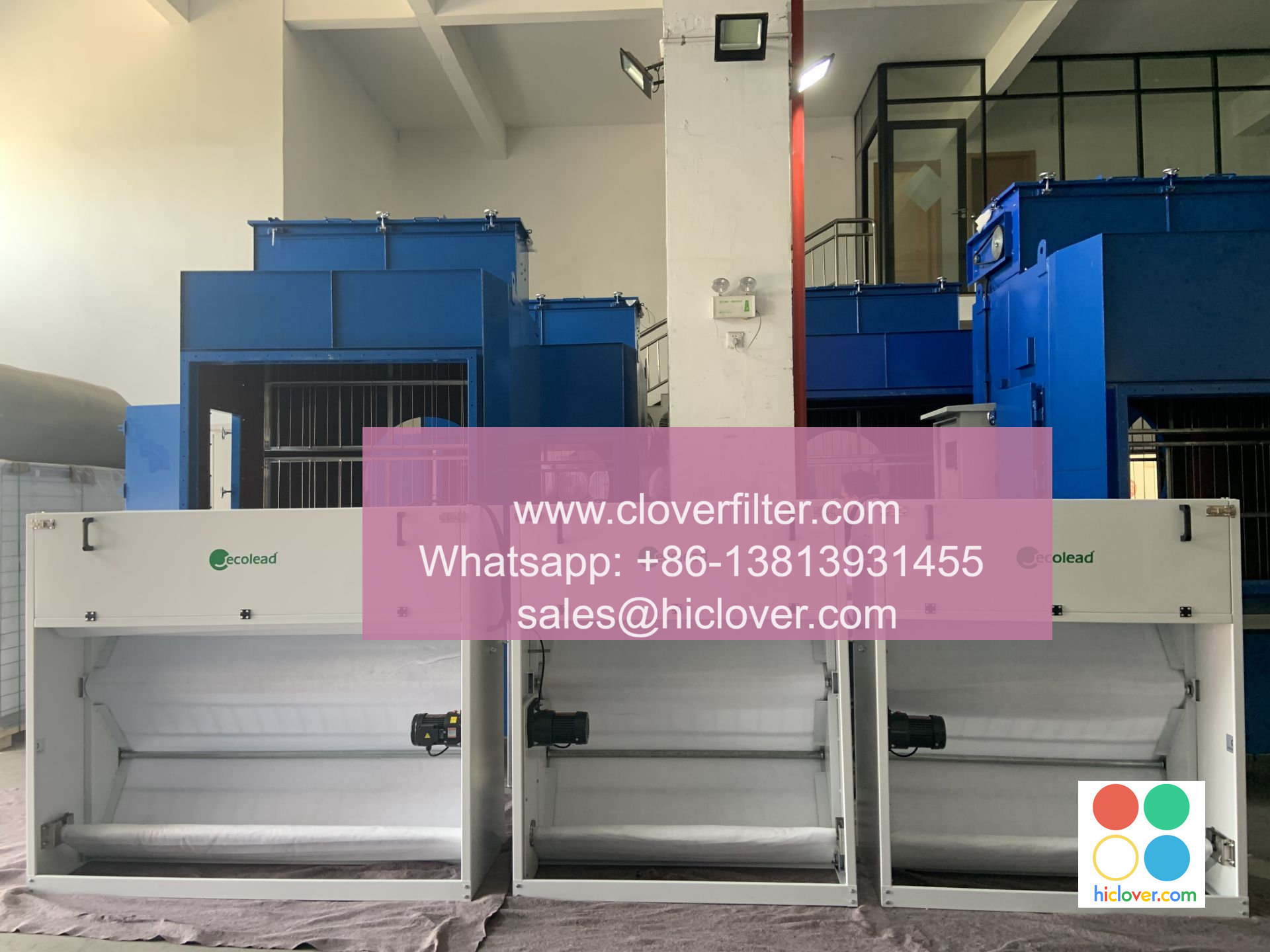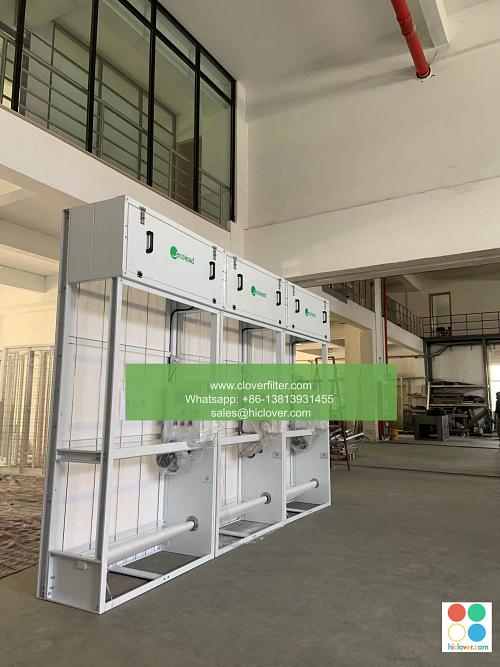The Impact of Automatic Roll Air Filters on Hamilton Steel Plant’s Energy Consumption

Hamilton Steel Plant, one of the largest steel production facilities in the country, has been constantly seeking ways to reduce its energy consumption and minimize its environmental footprint. One of the key initiatives undertaken by the plant is the installation of automatic roll air filters. These filters have been designed to optimize the airflow and reduce the energy required to power the plant’s HVAC systems. In this article, we will explore the impact of automatic roll air filters on Hamilton Steel Plant’s energy consumption and discuss the benefits and challenges associated with their implementation.
The steel production process is highly energy-intensive, and the plant’s HVAC systems account for a significant portion of its total energy consumption. Traditional air filters used in the plant’s HVAC systems were found to be inefficient, leading to increased energy consumption and higher maintenance costs. The automatic roll air filters, on the other hand, are designed to provide a consistent and optimal level of airflow, reducing the energy required to power the fans and other equipment. This is achieved through the use of advanced filtration media and a automated rolling mechanism that ensures a consistent and optimal level of airflow.
Studies have shown that the installation of automatic roll air filters has resulted in a significant reduction in energy consumption at Hamilton Steel Plant. The plant has reported a reduction of up to 25% in its energy consumption, which translates to a substantial cost savings and a reduced carbon footprint. The filters have also been found to improve the indoor air quality, reducing the levels of dust and other pollutants in the air. This has led to a healthier and more productive work environment for the plant’s employees.
In addition to the energy savings, the automatic roll air filters have also been found to reduce the maintenance costs associated with the plant’s HVAC systems. The traditional air filters required frequent replacement and cleaning, which was a time-consuming and costly process. The automatic roll air filters, on the other hand, are designed to be low-maintenance, with a longer lifespan and reduced need for replacement and cleaning. This has resulted in a significant reduction in maintenance costs, which has further contributed to the plant’s overall cost savings.
Despite the benefits associated with the automatic roll air filters, there have been some challenges associated with their implementation. The initial installation costs were found to be higher than expected, and the plant had to invest in additional training and support for its maintenance personnel. However, the long-term benefits and cost savings associated with the filters have far outweighed the initial costs, and the plant is now planning to install the filters in other areas of the facility.
The installation of automatic roll air filters at Hamilton Steel Plant has also had a positive impact on the environment. The reduction in energy consumption has resulted in a decrease in greenhouse gas emissions, which has contributed to a reduction in the plant’s overall environmental footprint. The improved indoor air quality has also reduced the levels of pollutants released into the atmosphere, further contributing to a healthier environment.
In conclusion, the installation of automatic roll air filters at Hamilton Steel Plant has had a significant impact on the plant’s energy consumption and overall environmental footprint. The filters have been found to reduce energy consumption, improve indoor air quality, and reduce maintenance costs. While there have been some challenges associated with their implementation, the long-term benefits and cost savings have far outweighed the initial costs. As the plant continues to seek ways to reduce its energy consumption and minimize its environmental footprint, the automatic roll air filters are likely to play a key role in achieving these goals.
Conclusion
The impact of automatic roll air filters on Hamilton Steel Plant’s energy consumption has been significant, and the plant is likely to continue to benefit from their installation. As the plant continues to seek ways to reduce its energy consumption and minimize its environmental footprint, the automatic roll air filters are likely to play a key role in achieving these goals. With their ability to reduce energy consumption, improve indoor air quality, and reduce maintenance costs, the automatic roll air filters are a valuable addition to the plant’s energy-saving initiatives.
FAQs
Q: What are automatic roll air filters, and how do they work?
A: Automatic roll air filters are designed to optimize the airflow and reduce the energy required to power HVAC systems. They use advanced filtration media and a automated rolling mechanism to provide a consistent and optimal level of airflow.
Q: What are the benefits of installing automatic roll air filters at Hamilton Steel Plant?
A: The benefits of installing automatic roll air filters at Hamilton Steel Plant include reduced energy consumption, improved indoor air quality, and reduced maintenance costs.
Q: What were some of the challenges associated with the implementation of automatic roll air filters at Hamilton Steel Plant?
A: The initial installation costs were found to be higher than expected, and the plant had to invest in additional training and support for its maintenance personnel.
Q: How have the automatic roll air filters impacted the environment at Hamilton Steel Plant?
A: The reduction in energy consumption has resulted in a decrease in greenhouse gas emissions, and the improved indoor air quality has reduced the levels of pollutants released into the atmosphere.

